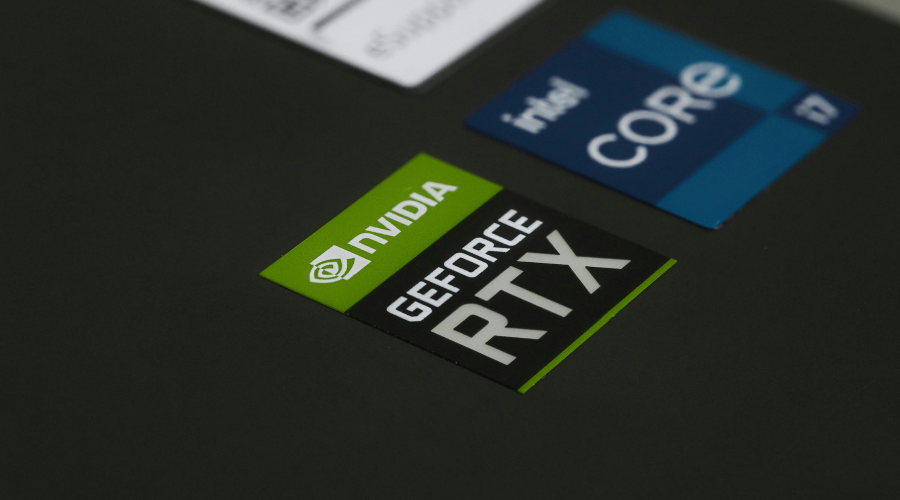Nvidia is raising alarms over a proposed U.S. law that could reshape the artificial intelligence chip market. The Guaranteeing Access and Innovation for National Artificial Intelligence (GAIN AI) Act, tucked into the latest National Defense Authorization Act, would force chipmakers to prioritize domestic demand over international customers. While the bill is pitched as a safeguard for U.S. technological leadership, Nvidia argues it might do more harm than good.
The tech giant compared the measure to the Biden-era AI Diffusion Rule, which placed limits on the computing power countries could access. According to Nvidia, repeating this kind of restriction risks weakening and not strengthening the U.S. position in the global AI race.
How the bill would work
The GAIN AI Act outlines new requirements for exporters of high-performance chips. If passed, companies like Nvidia would need licenses to ship processors above certain performance thresholds overseas. The legislation specifically highlights chips with processing power at or above 4,800 units as restricted, with preference going to U.S. buyers first.
Lawmakers say the goal is straightforward: prevent foreign entities, particularly in China, from securing advanced technology before American firms do. Supporters frame the measure as a matter of national security, ensuring that cutting-edge AI systems can’t be used to enhance military capabilities abroad.
Nvidia’s concerns
Nvidia isn’t convinced the bill addresses a real problem. The company maintains it has never shortchanged U.S. customers to serve international markets. In its view, forcing artificial bottlenecks could backfire by stifling competition in industries that rely on advanced computing, from healthcare to automotive design.
Industry watchers note that Nvidia has reason to be wary. The AI Diffusion Rule, introduced under President Biden, already limited how computing power could be allocated globally. Nvidia sees the new proposal as déjà vu, warning that overly strict rules could slow down innovation rather than safeguard it.
Why it matters for global markets
The stakes aren’t just domestic. Nvidia dominates the AI chip sector, and any new restrictions would ripple across international supply chains. Companies outside the U.S. could face delays or shortages, potentially driving them to seek alternatives in Europe or Asia. Analysts suggest this could weaken U.S. influence in setting standards for next-generation AI systems.
At the same time, Washington has been clear about its broader strategy: limit China’s access to advanced AI chips. Just last month, President Donald Trump struck an unusual deal with Nvidia, granting the government a share of its sales revenue in exchange for lifting certain export bans. Moves like that highlight how high the stakes are in the tug-of-war between innovation, security, and global trade.
The GAIN AI Act is still under debate in Congress, and it’s far from clear how the final language will look. Tech firms, lobbyists, and policymakers are expected to weigh in heavily before it moves forward. For Nvidia, the message is clear: restrictions aimed at protecting U.S. interests could end up undercutting the very competitiveness they’re designed to secure.
As the AI boom accelerates, the clash between government oversight and corporate strategy is unlikely to fade. Whether the U.S. can strike a balance between safeguarding national security and fostering global leadership in AI remains the big question.






